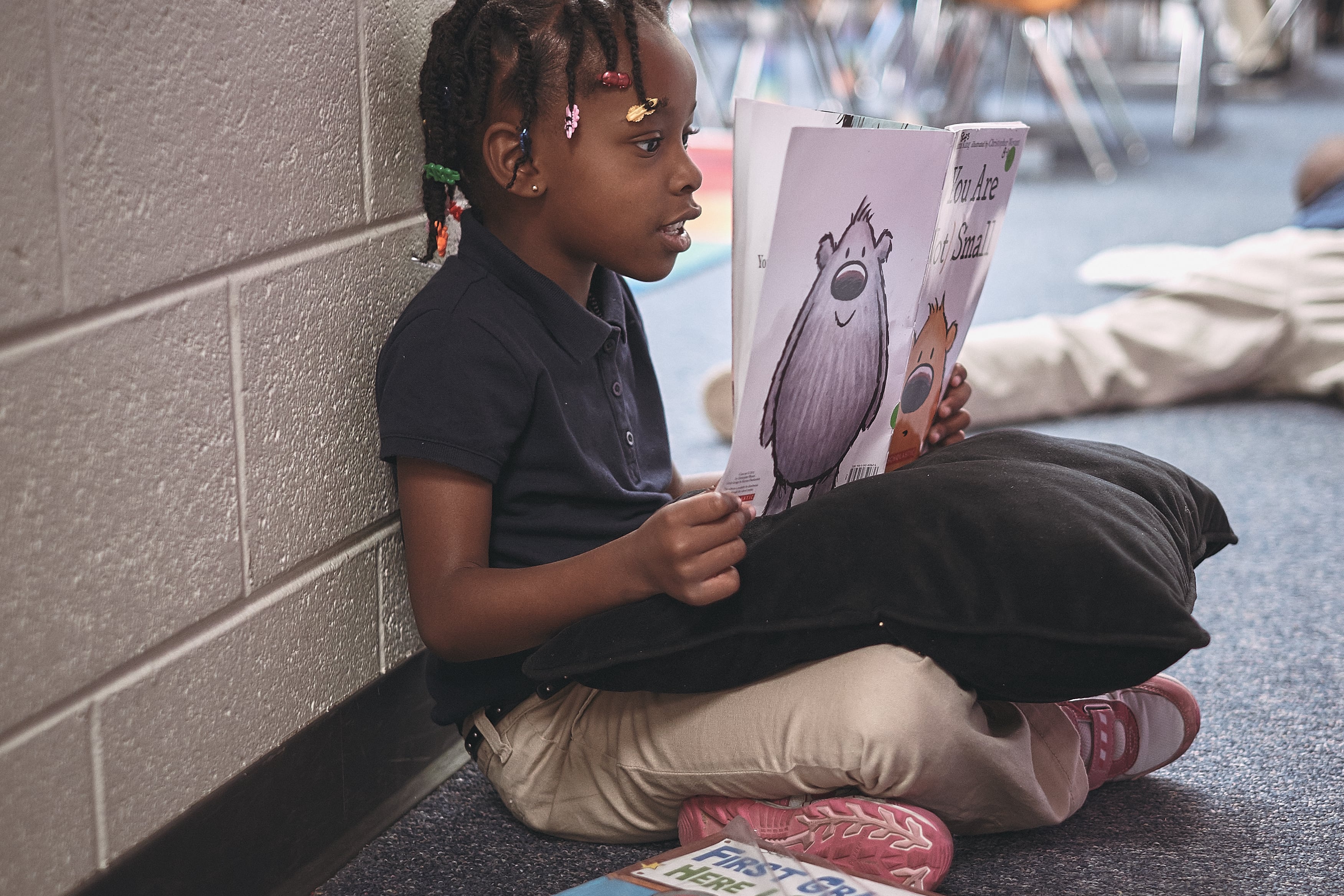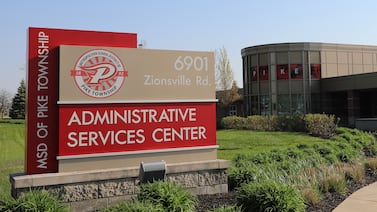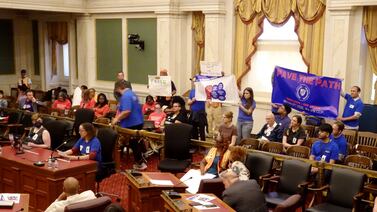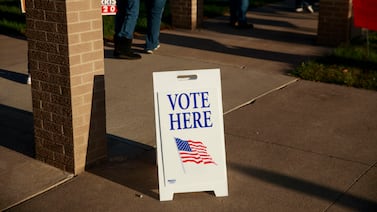For the second time this summer, state officials ordered one of Colorado’s largest teacher preparation programs to change the way it covers reading instruction after a review found significant shortcomings.
The decision, unanimously approved by the State Board of Education on Wednesday, means Metropolitan State University of Denver will not receive the state’s full seal of approval for its elementary education and early childhood programs — either within its traditional four-year bachelor’s degree program or its shorter alternative track. Both majors within both tracks, which enroll around 900 students altogether, will face follow-up reviews next spring.
State evaluators found that texts used in the university’s reading courses contradicted or dismissed science-based approaches to reading instruction, often focusing on debunked methods. They also found that teacher prep students were given little information about the READ Act, a major 2012 state law that spells out how schools should help struggling readers.
In addition, one report presented Wednesday said that all current and former alternative track students interviewed “asked for more instruction around literacy, specifically stating they did not feel prepared to teach reading.”
Metro State, the state’s second largest teacher prep program, isn’t the only one that’s been sent back to revamp its reading courses. The same thing happened to the Greeley-based University of Northern Colorado, first in 2019, and again in June after state evaluators determined it had made too little progress in changing its approach.
The state’s crackdown on teacher preparation programs, specifically their approach to reading instruction, began in 2018 as part of a broader push by lawmakers, state education officials, and parents of students with dyslexia to get more Colorado children reading at grade level.
Despite millions of state dollars spent on struggling readers since the passage of the READ Act, only about 40% of third-graders are reading proficiently — and many experts fear changes related to the coronavirus pandemic could make things worse.
Even before Wednesday’s meeting, there were signs that Metro’s reading courses were lacking. A January report from a national group rating teacher prep programs on how they cover reading instruction gave a D to Metro State’s traditional program and an F to its alternative program.
State evaluators on Wednesday did acknowledge bright spots in Metro State’s efforts on reading instruction over the past year.
They praised university faculty for identifying the need to improve reading instruction even before the state’s review, and making some progress toward that goal before the evaluation team’s February campus visit.
Mary Bivens, director of educator development at the state Department of Education, said Wednesday that the university has already changed some of the texts it uses in reading courses and hired faculty with expertise in reading science.
But evaluators decided the changes underway weren’t enough and recommended the university’s elementary and early childhood programs — in both traditional and alternative tracks — get only conditional approval instead of full approval. Four other programs within Metro State’s traditional track and three others within its alternative track won full approval on Wednesday and will not be reviewed again for five years.
The state board agreed with the evaluators’ recommendation, which means Metro State will have to satisfy several conditions by next year to earn full approval for the two majors. Wednesday’s decision will not prevent the university from enrolling new students in its elementary education and early childhood programs.
Liz Hinde, dean of Metro State’s school of education, reached by phone after the meeting, said the state board’s decision wasn’t surprising and reiterated that the university has made several changes related to reading instruction over the past year.
“If they were to come back right now, they’d say, ‘You’re fine,’” she said.








